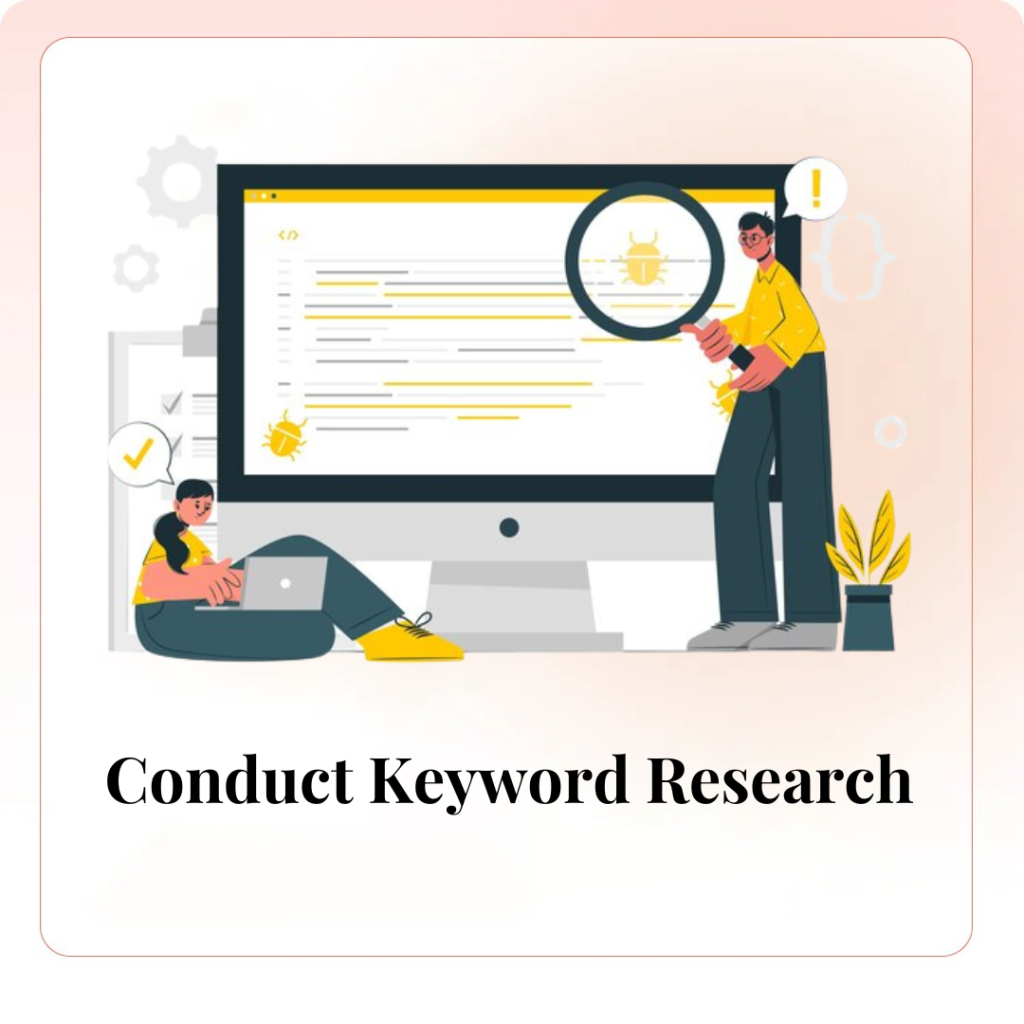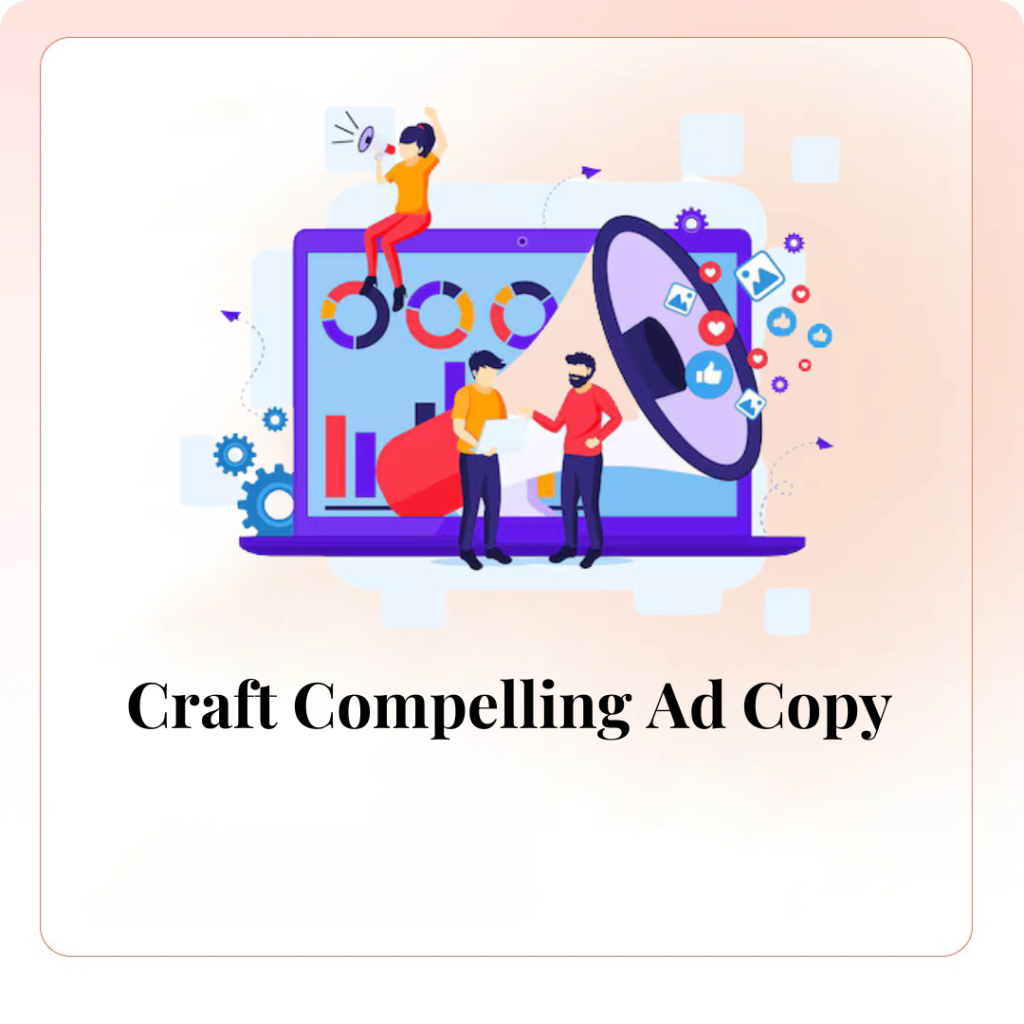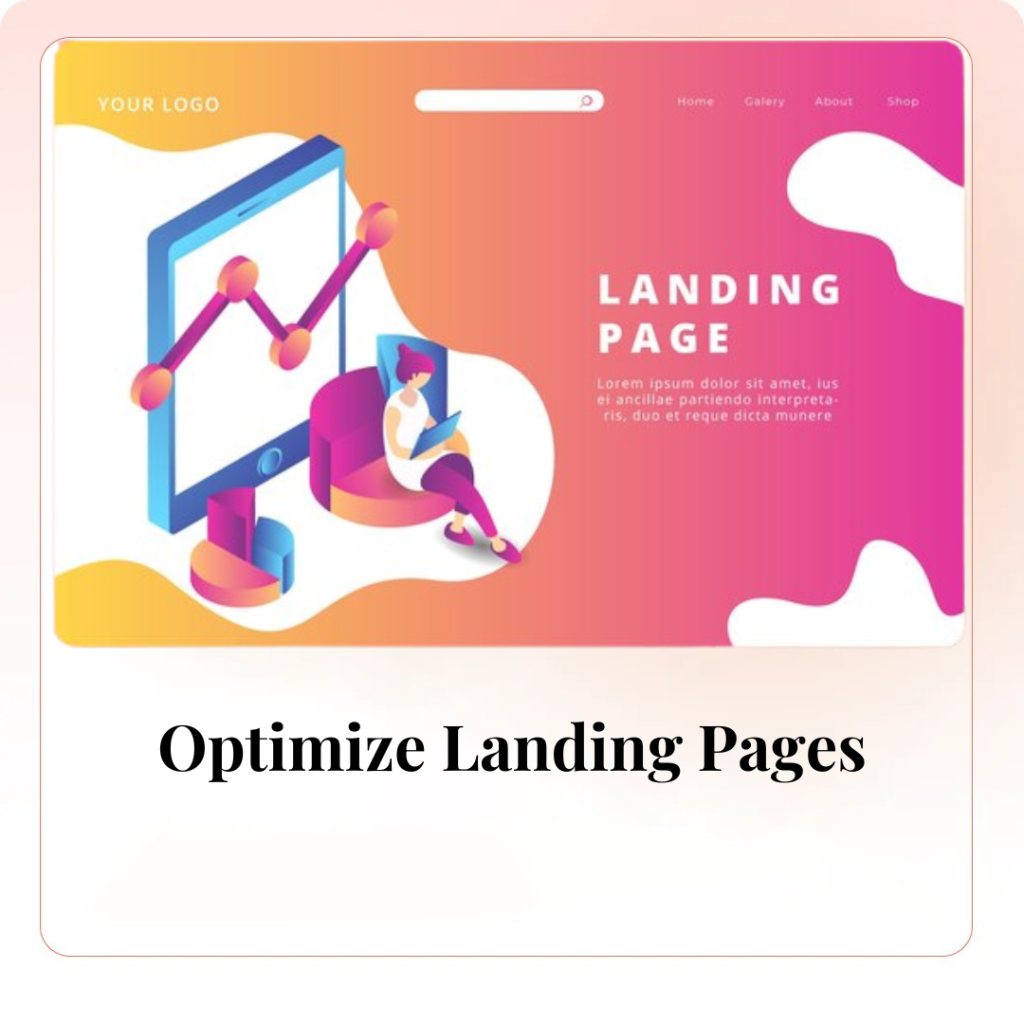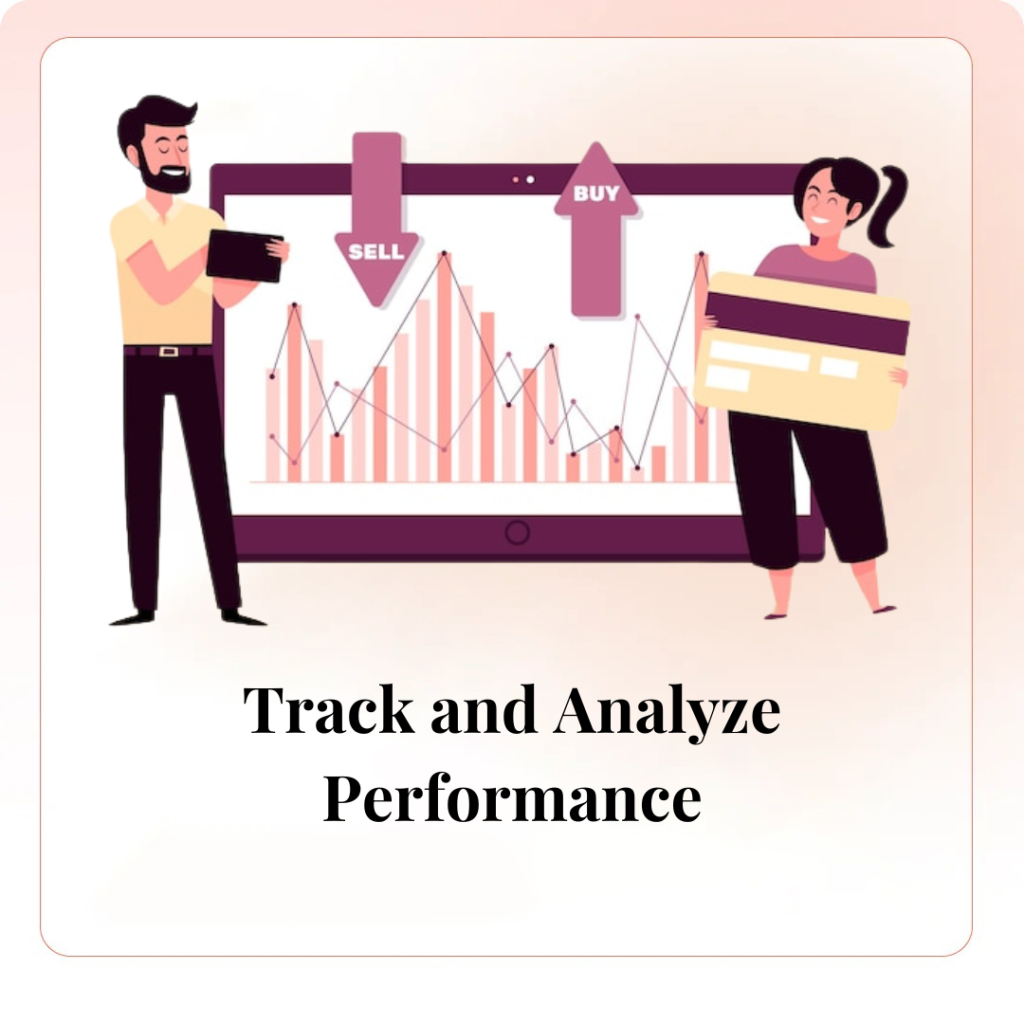Paid search advertising, or PPC advertising, is one of the most successful ways to reach your target audience and accomplish measurable marketing goals. Business owners achieve connections with clients actively searching for their products or services on platforms such as Google Ads and Bing Ads. This guide will give a complete lowdown on paid search ads, their advantages, why they are essential, and how to set up a successful campaign. As this information comes into play, businesses, especially those in the top 10 digital marketing companies in Chennai, can gain maximum results from paid search.
1. What Are Paid Search Ads?
Paid search ads are advertisements seen on search engine results pages (SERPs) whenever a user enters specific keywords into the search engines. These ads are usually placed at the very top or the bottom of the SERP, usually tagged as either “sponsored” or “ad,” catching the attention of users looking out for information. Unlike organic search results, paid search relies on a bidding system where advertisers pay every time their ad is clicked on (pay-per-click) or every time it is seen (cost-per-thousand).
A business advertising “luxury furniture in Chennai” would possibly try to bid for keywords they believe customers who want to purchase furniture would use, like “buy luxury furniture” or “premium furniture in Chennai.” When users search those keywords, their ad would prominently show in the results, translating into increased visibility and possible conversions.
The best digital marketing company of Chennai masters the art of developing paid search ads via comprehensive keyword research, compelling ad copies, and campaign optimization for maximized ROI.
2. Why You Need Paid Search Ads
Paid search ads offer businesses a direct pathway to their target audience, making them an indispensable tool in digital marketing. Here’s why:
- Immediate Visibility: Unlike organic SEO, which takes time to show results, paid search ads provide instant visibility for your brand. This is especially crucial for new businesses or campaigns that need quick traction.
- Targeted Reach: With paid search, you can narrow your audience by demographics, location, device, and even search intent, ensuring your ads reach the right people.
- Measurable Results: Paid search platforms provide detailed analytics, allowing you to track clicks, impressions, conversions, and ROI.
- Control Over Budget: Paid search campaigns are highly flexible. Businesses can set daily budgets and adjust bids based on performance, ensuring cost-efficiency.
For businesses working with the top digital marketing company of Chennai, paid search becomes a valuable strategy to outshine competitors and dominate the SERPs.
3. The Benefits of Paid Search Ads
Paid search ads come with a plethora of benefits that can help businesses achieve their marketing objectives:
- Increased Website Traffic: By appearing on top of SERPs, paid search ads drive more traffic to your website, creating opportunities for leads and sales.
- Enhanced Brand Awareness: Even if users don’t click on your ads, frequent visibility on relevant searches enhances brand recall.
- Customizable Campaigns: From choosing keywords to setting bid limits, paid search offers complete customization, allowing you to align campaigns with your specific goals.
- A/B Testing: Paid search platforms enable you to test different ad copy, landing pages, and strategies to identify what resonates best with your audience.
- Reaching High-Intent Audiences: Since paid search targets users actively looking for your offerings, the audience is already primed for conversion.
When implemented effectively, paid search ads by the best digital marketing company in Chennai deliver high returns on investment and contribute to sustainable business growth.
4. Why Paid Search Should Be Part of Your Marketing Strategy
Integrating paid search into your overall marketing strategy is essential in today’s competitive landscape. Here’s why it should be a key component:
- Complementing Organic Efforts: While SEO focuses on long-term gains, paid search ensures immediate visibility, providing a balanced approach to digital marketing.
- Beating Competitors: With paid search, you can outbid competitors and secure top positions on SERPs, making it easier to capture potential customers.
- Supporting Seasonal Campaigns: Whether it’s a festive sale or product launch, paid search allows you to create short-term campaigns that generate instant results.
- Flexibility Across Platforms: Paid search isn’t limited to Google. Platforms like Bing and Yahoo offer additional opportunities to target niche audiences.
- Insights for Better Decision-Making: Paid search data provides valuable insights into customer behavior, keyword performance, and market trends, informing other aspects of your marketing strategy.
The top digital marketing company of Chennai often advises businesses to use paid search as a cornerstone of their marketing strategy for both short-term wins and long-term growth.
5. Steps to Creating a Successful Paid Search Campaign
Building a winning paid search campaign requires careful planning and execution. Follow these steps to ensure success:
1. Define Your Goals
Defining clear goals is the foundation of a successful paid search campaign. Determine what you want to achieve, whether it’s increasing website traffic, generating leads, boosting sales, or enhancing brand awareness. Set specific, measurable, achievable, relevant, and time-bound (SMART) objectives. These goals will guide your strategy, help allocate budgets, and provide benchmarks to evaluate performance. A focused approach ensures your efforts align with business priorities and drive meaningful results.

2. Conduct Keyword Research

Conducting keyword research is crucial for a successful paid search campaign. Start by identifying terms your target audience uses to search for products or services. Use tools like Google Keyword Planner or SEMrush to find high-volume, low-competition keywords. Focus on a mix of broad, exact, and long-tail keywords to capture diverse user intent. Analyze competitors to uncover gaps and opportunities. Effective keyword research ensures your ads reach the right audience and maximize ROI.
3. Craft Compelling Ad Copy
Crafting compelling ad copy is key to capturing attention and driving clicks. Start by addressing the user’s needs directly, using clear and engaging language. Highlight unique selling points, benefits, or solutions your product or service offers. Include strong calls-to-action (CTAs) like “Shop Now” or “Learn More” to guide users. Use emotional triggers, urgency, or exclusivity to enhance appeal. A/B test variations of your ad copy to determine what resonates best with your audience.

4. Optimize Landing Pages

Optimizing landing pages is essential for converting clicks into actions. Ensure your landing page aligns with the ad’s message and delivers on its promise. Use a clean, visually appealing design with easy navigation to keep users engaged. Highlight key benefits with compelling headlines and concise copy. Include a strong call-to-action (CTA) button placed prominently. Optimize loading speed and make the page mobile-friendly. Add trust signals like testimonials or guarantees to build credibility and drive conversions.
5. Set Your Budget and Bids
Defining your budget and bidding strategy is crucial for managing costs and maximizing ROI in paid search campaigns. Start by setting a daily or monthly budget based on your marketing goals and overall advertising spend. Choose a bidding strategy aligned with your objectives, such as manual bidding for precise control or automated bidding to optimize for conversions. Monitor cost-per-click (CPC) and adjust bids for high-performing keywords to ensure you’re spending effectively. Balancing your budget across campaigns and prioritizing top-performing ads helps achieve optimal results while staying cost-efficient.

6. Track and Analyze Performance

Tracking and analyzing performance is the backbone of an effective paid search strategy. Use tools like Google Analytics and ad platform dashboards to measure key metrics like click-through rates (CTR), conversion rates, cost-per-acquisition (CPA), and return on ad spend (ROAS). Regularly review performance data to identify trends and optimize campaigns. Focus on high-performing keywords, refine underperforming ads, and test new strategies through A/B testing. Continuous monitoring allows for data-driven adjustments that enhance efficiency, increase ROI, and keep your campaigns competitive.
Conclusion
Creating a successful paid search campaign requires a blend of strategic planning, creative execution, and ongoing optimization. By following these detailed steps, businesses can harness the power of paid search to drive targeted traffic, generate leads, and achieve measurable results. For those seeking expert guidance, collaborating with the best digital marketing company in Chennai or the top 10 digital marketing companies in Chennai can ensure your campaigns are tailored for success in an increasingly competitive digital landscape.

